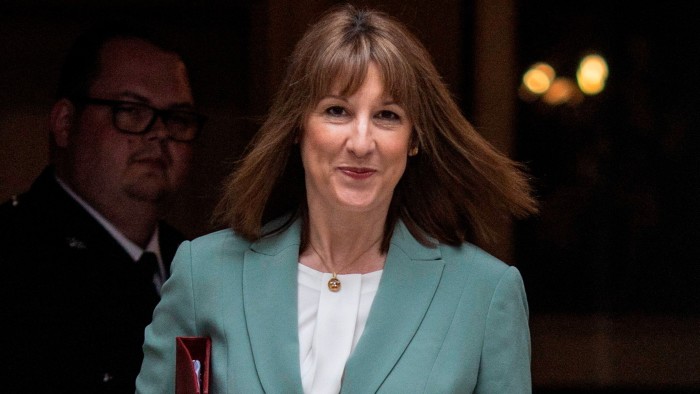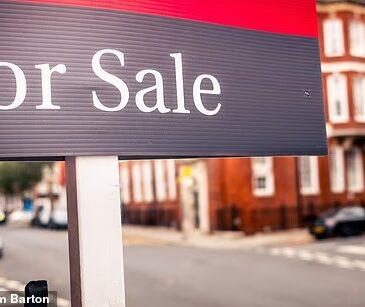
Unlock the Editor’s Digest for free
Roula Khalaf, Editor of the FT, selects her favourite stories in this weekly newsletter.
That UK property taxes need reforming is something most would agree on — including chancellor Rachel Reeves, who has asked Treasury officials for proposals. Get into any detail though, and consensus soon cracks.
The first question is whether the total amount going into government coffers should change. Reeves may well like the idea of an increase, since housing-related levies represent a chunky tenth of the UK’s total taxation, according to the OECD. Yet the room for manoeuvre looks limited given that the UK’s property tax take is already twice that of the average among OECD countries.
The case for an overhaul is much stronger, for both stamp duty — a transaction tax paid by buyers on properties valued at above £125,000 — and annual council or local government taxes.

Stamp duty is usually first in the line of fire for would-be reformers, on the grounds that charging people on transactions is a barrier for would-be homeowners and makes trading up more burdensome for growing families and those moving up the ladder. In theory, it limits labour mobility, but with average house prices in a third of councils within the cheapest band, that seems an argument made more by those in the south-east, eyeing pricier pads.
Council taxes, too, have obvious problems — the main one being that they are based on house price assessments that have not been updated since 1991. That means two households with equally valuable properties may pay wildly different charges to the same local authority because one was worth more than the other 34 years ago.

Proposals to swap both of these outdated levies for an annual proportional property tax — calibrated to provide roughly the same total take as the current system — look sensible.
How to split this revenue between local and central governments would be contentious. One way of doing it, according to former government adviser Tim Leunig, might be for the local government to receive the tax below £500,000, while levies above that would flow to the Treasury. The upshot would be a simpler, fairer system — and possibly a support to long-term growth.
While such a reform might be palatable to economists, it may not quite meet political goals, which include raising the overall tax take in short order. Talk of a wealth, or “mansion”, tax on the priciest properties is also doing the rounds.
There is a sense of inevitability that UK taxes will rise, come Reeves’ Autumn Budget speech, given a lacklustre growth and the government’s difficulty in significantly cutting spending. Yet given the relevance of property taxes in the UK, any mis-step could hurt both the economy and the government’s coffers. Just because reforms are overdue does not mean they will be welcomed.




